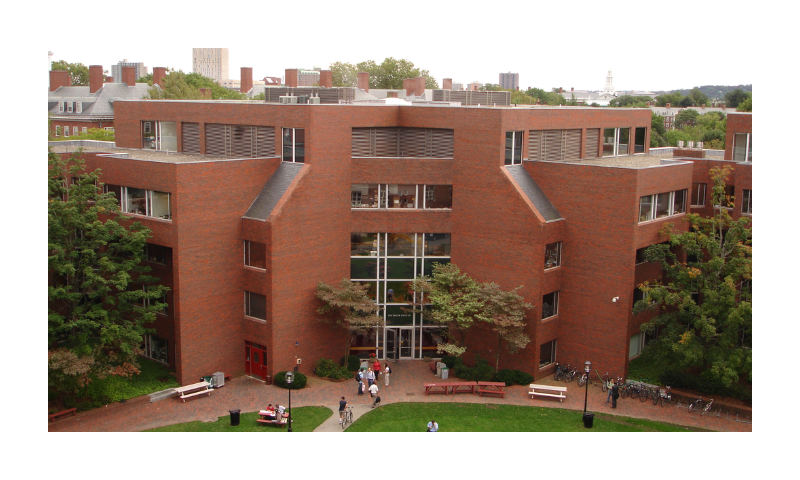Alexander Joffe
Algemeiner, Feb. 1, 2023
“By characterizing antisemitic harassment as “academic freedom” and framing complaints as mere unhappiness regarding “discourse on difficult topics,” the university dismissed concerns in a manner unique to Jewish issues.”
As 2023 begins, several trends related to the Boycott, Divestment, and Sanctions (BDS) movement have become clear. On one hand, “human rights” industry leaders and their acolytes in academia and the media who obsess over Israel expect institutions to grant sinecures without question in the name of “academic freedom.” Meanwhile, complaints over classroom antisemitism are dismissed as “discourse on difficult topics” until external pressure is applied. At the same time, the BDS movement deems Israeli viewpoints on campus as indefensible under any concept of “academic freedom.” These contradictions are intensified by growing protests within Israel over proposed legal reforms, which have seen Israelis threatening the state with boycotts.
At Harvard’s Kennedy School of Government (KSG) this month, former Human Rights Watch (HRW) head Kenneth Roth was proposed and then rejected as a fellow, leading to a firestorm of criticism and calls for the school’s dean to resign. His application to become a fellow was regarded by supporters inside and outside the school as a formality and they were aghast when it was rejected.
Roth, who headed HRW for decades, shaped the organization’s obsessive focus on Israel, and routinely used his Jewish background as a shield, stating that Israel’s actions were responsible for rising antisemitism rather than HRW’s relentless criticism, including accusations of “apartheid.” Roth himself described the dean’s decision, without evidence, as being the result of “donor driven censorship” and a violation of “academic freedom.” He complained further that “I worry about younger academics who are less known. If I can be canceled because of my criticism of Israel, will they risk taking the issue on?”. …Source


